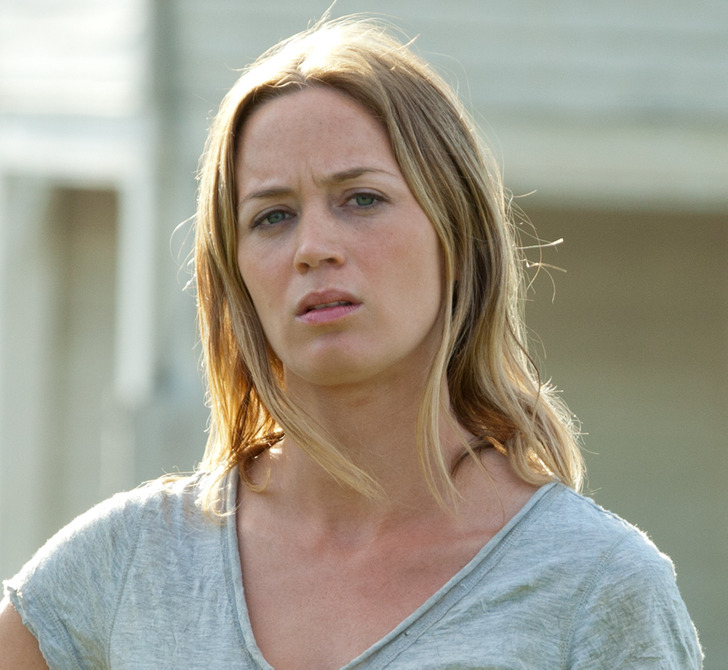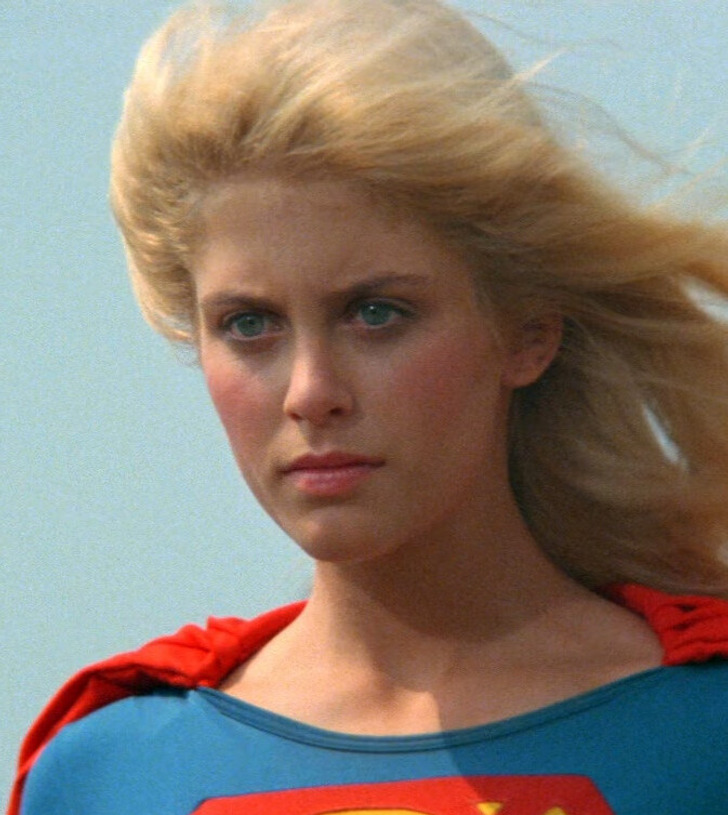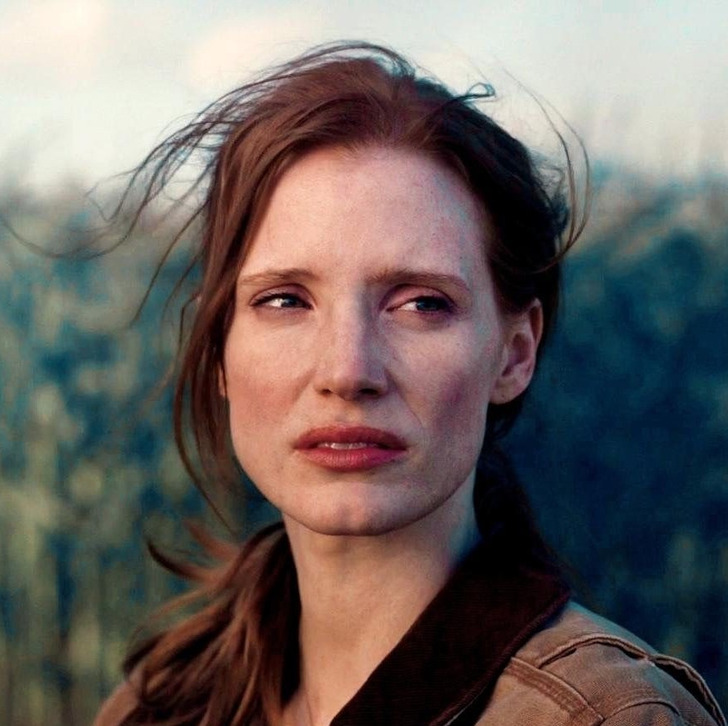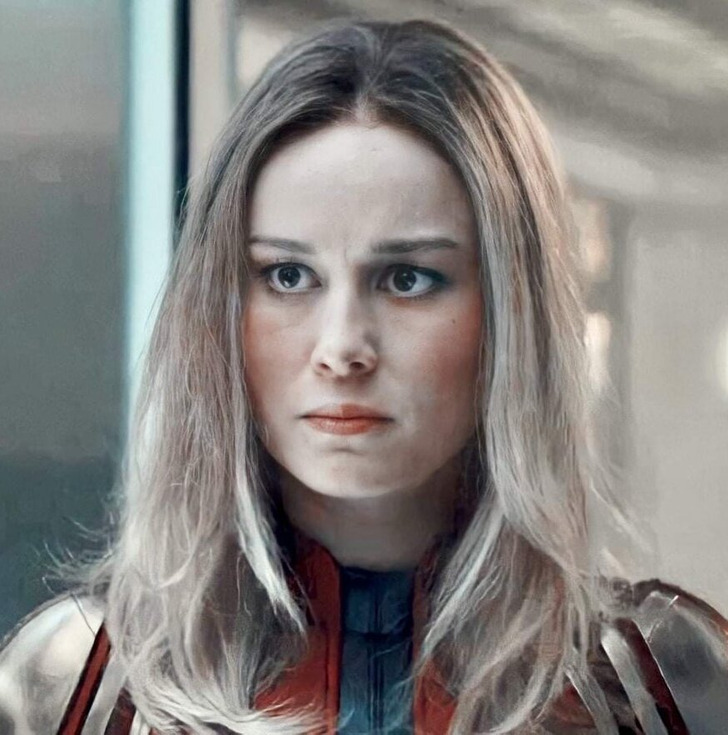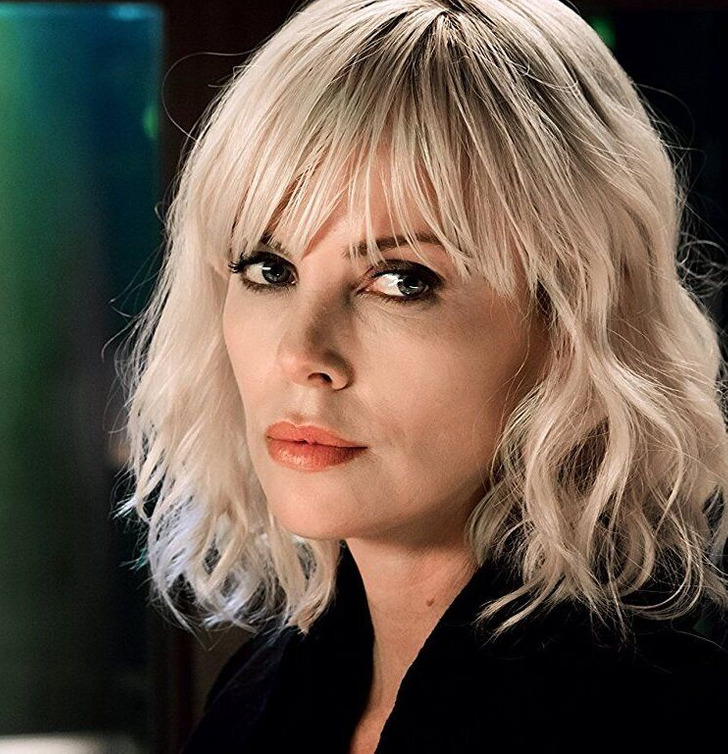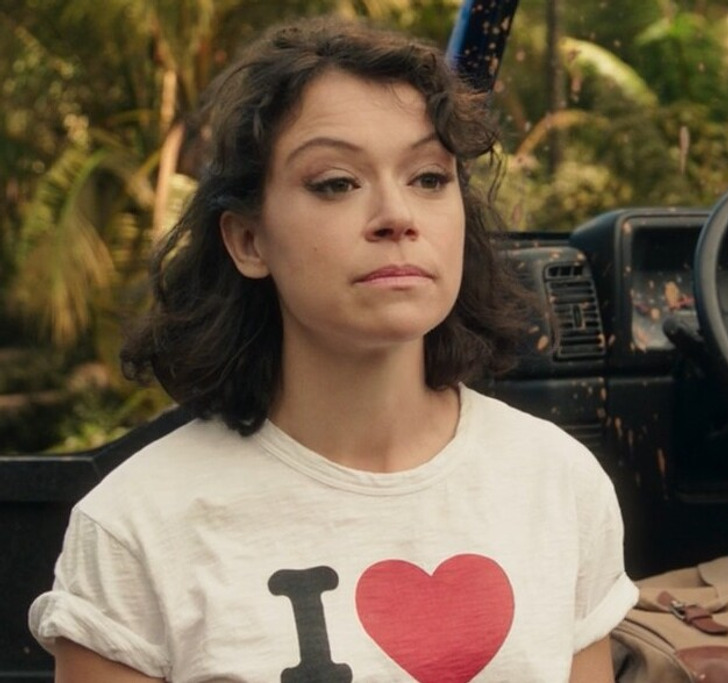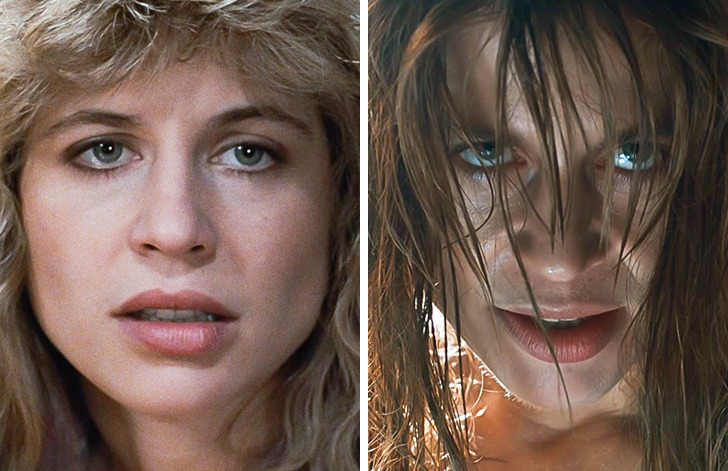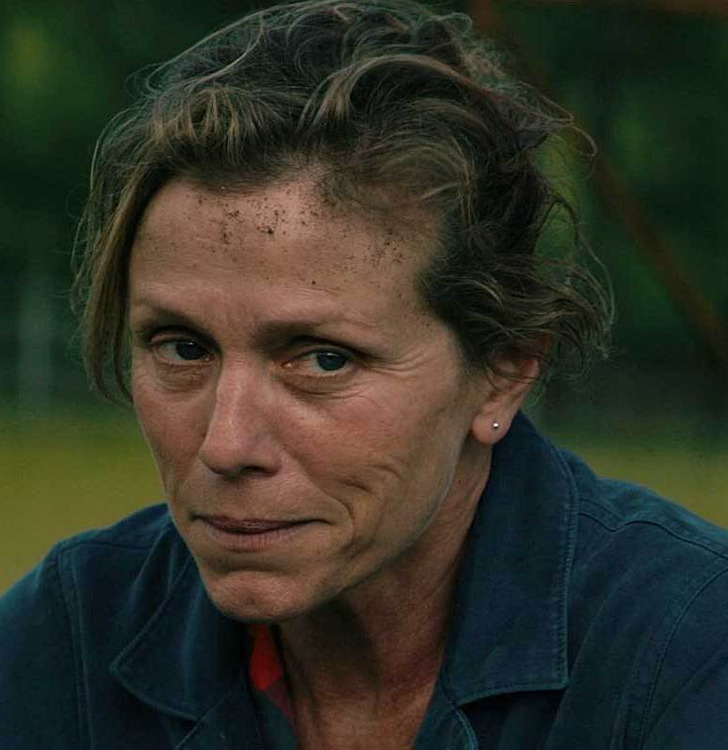Why More and More Actresses Are Refusing to Play Strong Women, and the Audience Supports Their Decision
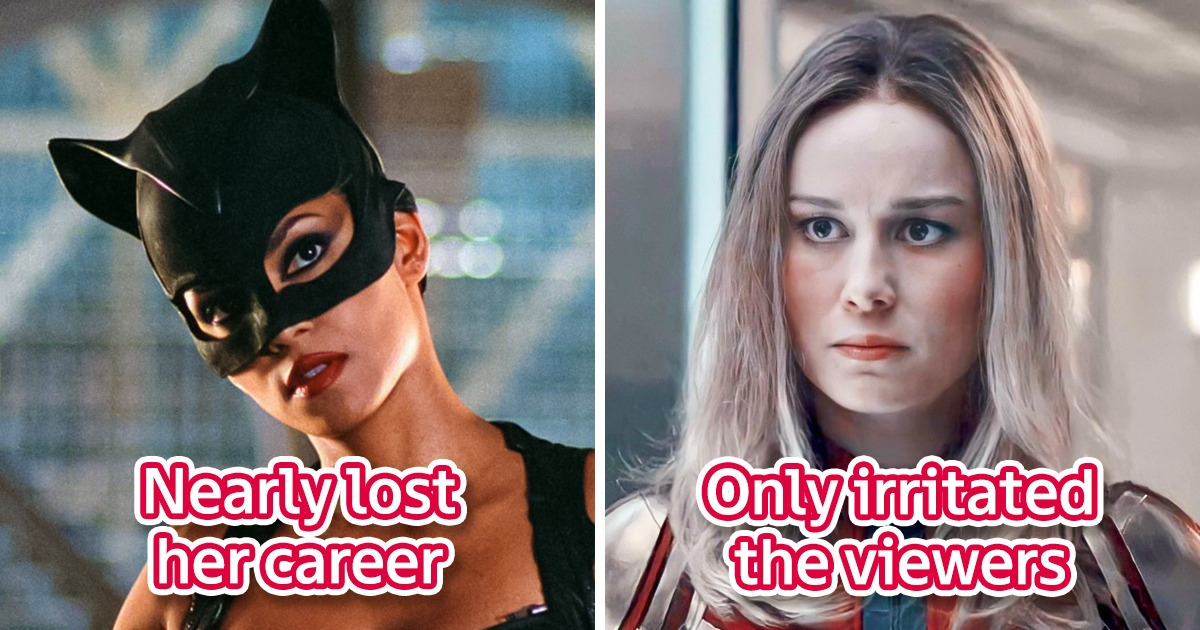
The world of cinema, in its infancy, was not very favorable to women — they were paid less and often served only as a pretty face for the film. The situation has somewhat changed over the years, but it’s still mostly men who work as directors, screenwriters, and producers. Recently, in response to the changes taking place in society, strong female characters have started to appear on the screen. But sometimes, all they do is irritate viewers, as well as critics, and actresses are beginning to reject these roles.
Emily Blunt got bored of strong female roles.
The actress is known to many for portraying Evelyn Abbott, the brave character in the horror film series A Quiet Place. That said, Blunt recently admitted that the worst thing to see in the script is “a strong female protagonist.”
Such a phrase literally makes Emily cringe. These characters force the actress to portray an invulnerable woman who acts tough and says harsh things all the time. Blunt is already bored of such roles; she prefers more complex and interesting characters.
These types of roles have nearly ruined the careers of several actresses.
Taking part in films where the plot is built around a “strong female protagonist” can be not only boring but also dangerous. These types of roles can sometimes have a negative impact on an actress’s career. 1984 saw the release of the film Supergirl.
The studio hoped that the project would be a big hit, but it ended up flopping at the box office. After that, the promising young actress Helen Slater never received an interesting offer, even though neither the critics nor the audiences had any complaints about her performance.
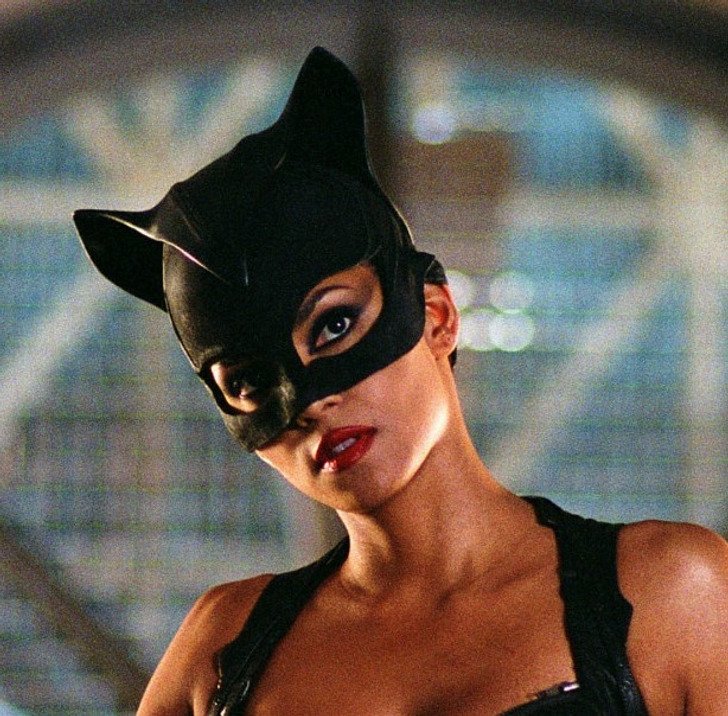
Halle Berry blames Catwoman for nearly losing her career and having to climb out of the hole that the film’s smashing failure left her in. A similar story happened to Jennifer Garner too. If Ben Affleck recovered fairly quickly after the not-so-successful Daredevil, then starring in the movie Elektra brought the actress only disappointment. Garner started getting offers for interesting roles much less often.
Eventually, studios almost gave up on such films altogether.
At one point, producers started to seriously question whether it was worth taking on projects that were built around a strong female character. Marvel Studios generally considered these films to be a failure from the start, based on the box-office performance of Catwoman and Elektra.
However, society demanded films about female superheroes, so they gradually started to appear on the big screens. Unfortunately, far from all projects were successful and popular.
Jessica Chastain doesn’t like to be associated with such roles.
The actress rightly pointed out that there simply is no such thing as a “strong male protagonist.” That is, all male characters are assumed to be strong from the start. But the presence of a “strong female protagonist” in the script automatically implies that all the other women in the film are weak.
Chastain feels that there is something condescending about this attitude. Therefore, she prefers to go for well-written roles full of depth and doesn’t take to playing 2-dimensional characters that will be little more than a weak reflection of the men around them.
These characters are often given purely masculine qualities.
One of the problems with strong female characters is that they are often given very masculine qualities. They are silent, harsh, unemotional, and quick to anger. This puts them in a very small box.
Moreover, femininity does not equal weakness, and masculinity doesn’t mean strength. Captain Marvel only irritated the viewers, simply because she took out crowds of enemies with no effort or remorse. She was given power without restraint.
The human character spectrum is much wider than that; so when ladies are portrayed so one-sidedly in films, it doesn’t break stereotypes but only creates new ones. It gives rise to the notion that a woman is only perceived as strong if she feels and behaves like a man
Tatiana Maslany is convinced that the scope of these roles is too narrow for any actress.
The actress, who recently played a role in the TV series She-Hulk: Attorney at Law, criticized the very idea of strong female characters. Maslany said, “It’s just as much a shaving off of all the nuances, and just as much of a trope. It’s a box that nobody fits into. Even the phrase is frustrating. It’s as if we’re supposed to be grateful that we get to be that.”
Tatiana took on the role of She-Hulk precisely because the character seemed less clear-cut to her. The protagonist has strengths and weaknesses, and her femininity doesn’t conflict with her strength at all.
Any hero becomes bland if deprived of their flaws.
It’s the weaknesses that make characters come alive. When the protagonist makes mistakes along the way, overcomes difficulties, and struggles with their own shortcomings, you empathize with them, and their journey becomes more interesting to follow.
The audience loved Ellen Ripley and Sarah Connor so much precisely because they were not perfect or invincible. They were ordinary women who found themselves in a difficult situation and fought desperately to overcome all odds. They really could have failed, so the stakes were higher.
It seems the modern world needs different female characters.
This is not to say that vivid female characters have disappeared from the screens altogether. In Three Billboards Outside Ebbing, Missouri, Frances McDormand’s character not only shows strength but also kindness, and is not without her weaknesses. That’s why her character thoroughly captivated the audience. We can only hope that producers, directors, and screenwriters will start to take into account the opinions of actresses and the audience, and we will finally start seeing simply interesting characters, no matter if they’re male or female.
Which strong female character, do you think, has been the most successful?
